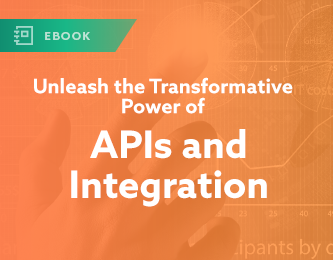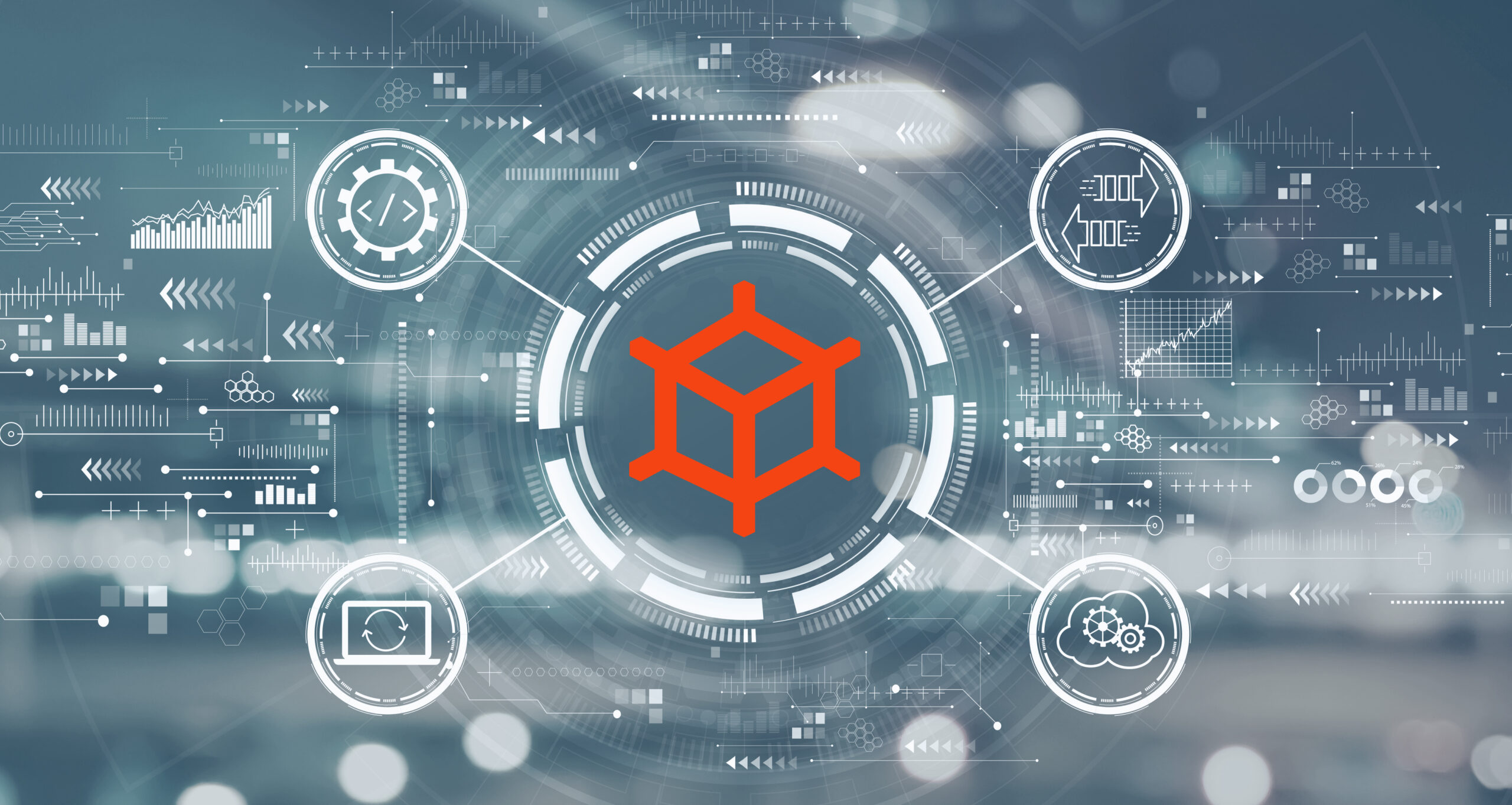Artificial intelligence: Few terms are hotter today, but what exactly does it mean in the real world? On one hand, AI conjures up images of The Terminator, HAL 9000 or other sci-fi scenarios. On the other hand is AI as a force of supreme good or intellectual curiosity, something like IBM’s Watson or chess-playing supercomputers.
The reality, of course, is somewhere in between. Artificial intelligence is already powering the programs behind many commonplace tools and activities. For example, Google includes machine learning within its search algorithm now, allowing the search engine to tweak itself over time. This way, the search engine can find new and better ways of determining what kind of results to offer without human intervention.
Real-time language translation (think talking to your French-only speaking colleague via Skype in real-time), image and facial recognition (think how Facebook automatically tags you in photos) and traffic patterns (think Waze) are all part of our daily lives already.
AI depends on a tremendous amount of data integrated from all types of sources to really be useful. Since we’re creating 2.5 Quintillion bytes of data daily, AI will likely only become even more commonplace in the years ahead, too.
While most AI, unlike the Cylons, isn’t flashy or menacing, it is hugely beneficial—when harnessed correctly. Thanks in large part to API connectivity and integration platforms, many industries are more effectively utilizing their existing software and tools because of AI.
The Evolution of APIs Through AI: 5 Key Trends
1. AI’s Impact on CRM
At their core, CRM software suites like Salesforce.com are just data repositories. So why are they so popular? They help build a complete picture of customers and prospects, but when infused with AI, CRM can be even more powerful.
Consider lead scoring, for example. How do businesses determine whom to target next? AI, in combination with the wealth of data contained inside the typical CRM instance, can help a company predict how likely a current prospect is to become a paying customer, and what might cause a customer to eventually jump ship.
AI even helps out with the more mundane elements of CRM suites. Everything from database management reminders to automatic customer updates and management pipeline reviews are streamlined and improved thanks to AI.
2. AI’s Impact on ERP
Often serving as the hub for just about all of a business’s data and process oversight, enterprise resource planning (ERP) software can improve any company dramatically when paired with AI. In particular, AI’s predictive capabilities can be hugely powerful when combined with all the data housed in your average ERP installation.
For example, AI can use data from previous years along with outside data sources like sales trends and weather forecasts, among other data points, to more accurately predict demand for any particular product in the future. This can have huge repercussions for everything from retail forecasting to inventory and warehouse management.
3. AI’s Impact on Marketing
According to a recent survey from eMarketer, close to three percent of all marketing leaders in the US use AI as part of their content marketing strategy, while more than 40 percent are either somewhat likely or very likely to do so in the future. When it comes to AI’s use in the marketing department, this could just be the tip of the iceberg. Marketing teams have actually been using AI for a few years through predictive lead scoring. As Radius explains, “To make these predictions actionable for marketers and salespeople, the machine will assign predictive lead scores that represent the likelihood that each account is a ‘win.’”
But as marketing becomes increasingly personal and more and more data can be fed into the AI machine, teams will likely turn to AI to better pinpoint potential leads and strategically talk to each one.
A good example of this in action is Netflix. The streaming company uses previous streaming information to provide suggestions on other videos that may be of interest. B2B marketers can do something similar, more intelligently ensuring site visitors have content in front of them that they’re likely to be interested in viewing. Interested visitors are much more likely to convert into customers.
4. AI’s Impact on Customer Service
When was the last time you talked to a person to resolve a dispute with a company or ask a question? With email, social media, automated phone systems and other technologies, most consumers can interact with their favorite brands without ever interacting with a single human being.
For example, AI has made it possible for chatbots to automatically answer just about any query thrown their way. Additionally, the same technology allows one contact center to quickly translate incoming and outgoing queries from around the world. AI infused into customer service processes can help companies cut costs, close support tickets faster and increase customer satisfaction.
5. AI’s Impact on E-Commerce
In order to more effectively target customers, handle incoming questions, track goods and supplies and keep stores at optimal levels at all times, many e-commerce companies have embraced AI-powered tools to streamline operations. Close to half of all consumer and retail firms today use AI to some extent, according to a recent PwC survey, with e-commerce firms leading the way.
AI and API Integration
AI is transforming our world already—often in ways we don’t even notice. But this really is just the beginning of AI, because there’s now enough data to make it useful and it’s increasingly more accessible to organizations of all types and sizes.
However, the key to leveraging all the power that AI promises lies with APIs. Which means the key to infusing intelligence into your business processes starts with APIs integrated with the systems you, your partners and customers use every day.
As the key bridge between databases and solutions, APIs are the gas that keeps the AI motors running. Read more: How Any Industry Benefits from APIs
For most businesses, especially those without huge internal IT teams or massive tech budgets, an API integration platform and robust APIs help bring AI from the future to today.
Download the free eBook
Unleash the Transformative Power of APIs and Integration
Companies like AirBnB, WhatsApp and Uber have disrupted their markets, transformed customer experiences—and achieved massive valuations in a very short time with teams a fraction the size of the established market players. How did these companies take the world by storm with so few resources?




